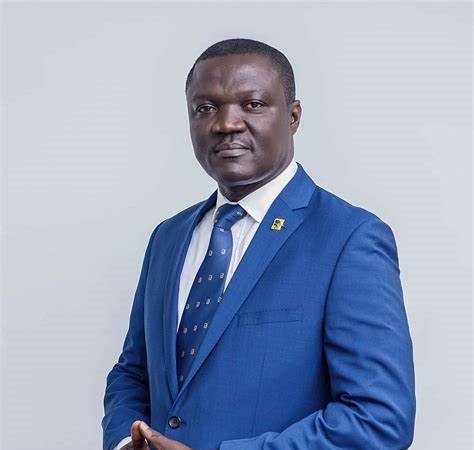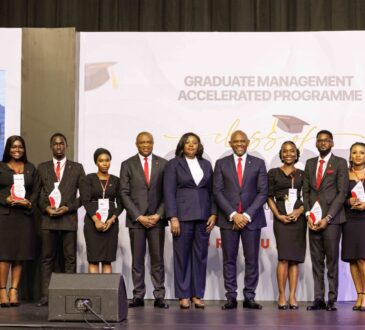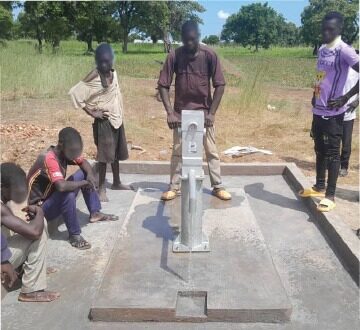AfCFTA agreement should be hitting the ground running in these times – FBN Bank CEO

By Eugene Davis
The CEO of FBN Bank Ghana, Victor Yaw Asante has urged stakeholders and actors behind the Africa Continental Free Trade Area (AfCFTA) to tap into the potential of the programme and fasttrack its full implementation to boost goods and services on the continent.
According to Mr.Asante, the processes for the full operationalization of the programme seems to have stalled “ we have AfCFTA, so we must make use of it. We have taken quite a bit of time to discuss it and it is time to operationalize it. Let government, business to business go in and try and see whether we can now open the African market for our own goods and services.”
More broadly, the AfCFTA promises broader and deeper economic integration and would attract investment, boost trade, provide better jobs, reduce poverty, and increase shared prosperity in Africa.
For Mr. Asante, he expected the challenges, “we all knew it was going to be difficult, even if we achieve 50percent of what it sets out, I will call it a success, but by all means, we should get something going.
Already, stakeholders have launched operational phase which was characterised by the adoption of five key instruments; The Rules of Origin: A regime governing the conditions under which a product or service can be traded duty free across the region.
The Tariff concessions: It has been agreed that there should be 90% tariff liberalisation and the deadline was 1st July 2020. Over a 10-year period with a 5-year transition, and there will be an additional 7 % for “sensitive products” that must be liberalized.
The online mechanism on monitoring, reporting and elimination of non-tariff barriers, NTBs: NTBs are a great hindrance to intra African trade whether physical, like poor infrastructure, or administrative like the behaviour of customs officials. These are to be monitored with a view to ensuring they are eliminated.
The Pan-African payment and settlement system: To facilitate payments on time and in full, by ensuring that payments are made in local currency and at the end of the year there’ll be net settlements in foreign exchange. With the certainty of payments, there will be confidence in the system.
The African Trade Observatory: A trade information portal to address hindrances to trade in Africa due to lack of information about opportunities, trade statistics as well as information about exporters and importers in countries. The trade observatory will have all this information and other relevant data which will be provided by AU member states.
The agreement creating Africa’s first continent-wide free trade area could generate greater economic benefits than previously estimated. The African Continental Free Trade Area (AfCFTA), if fully implemented, could raise incomes by 9 percent by 2035 and lift 50 million people out of extreme poverty.
The deal creates a continent-wide market embracing 55 countries with 1.3 billion people and a combined GDP of US$3.4 trillion. Its first phase, which took effect in January 2021, would gradually eliminate tariffs on 90 percent of goods and reduce barriers to trade in services. That could raise income by 7 percent, or $450 billion, by 2035, reducing the number of people living in extreme poverty by 40 million, to 277 million, according to a World Bank report published in 2020.
Inflows of FDI attracted by the AfCFTA would bring jobs and expertise, build local capacity, and forge connections that can help African companies join regional and global value chains.
The AfCFTA can bring higher-paid, better-quality jobs, with women seeing the biggest wage gains.
Wages would rise by 11.2 percent for women and 9.8 percent for men by 2035, albeit with regional variations depending on the industries that expand the most in specific countries.







